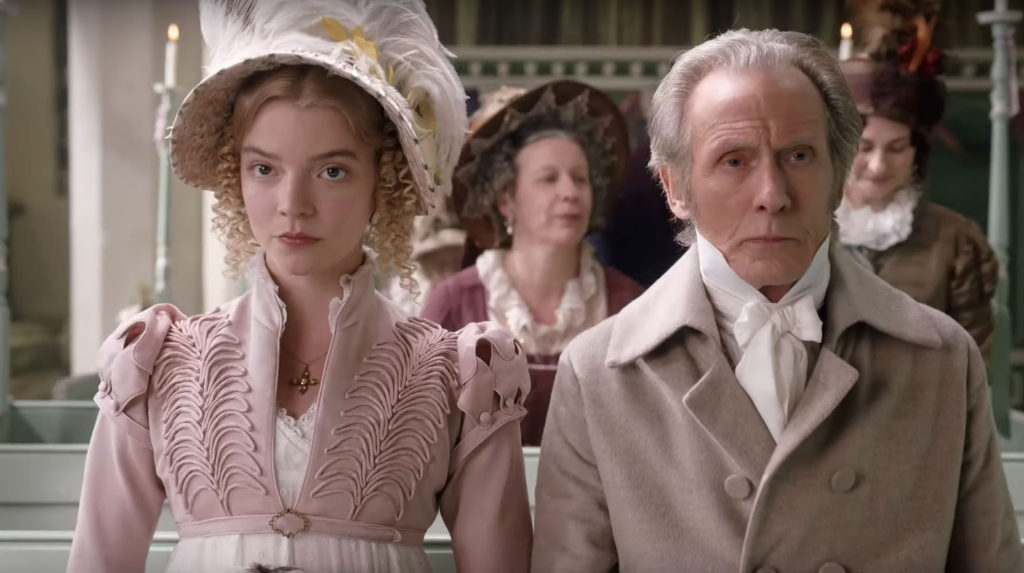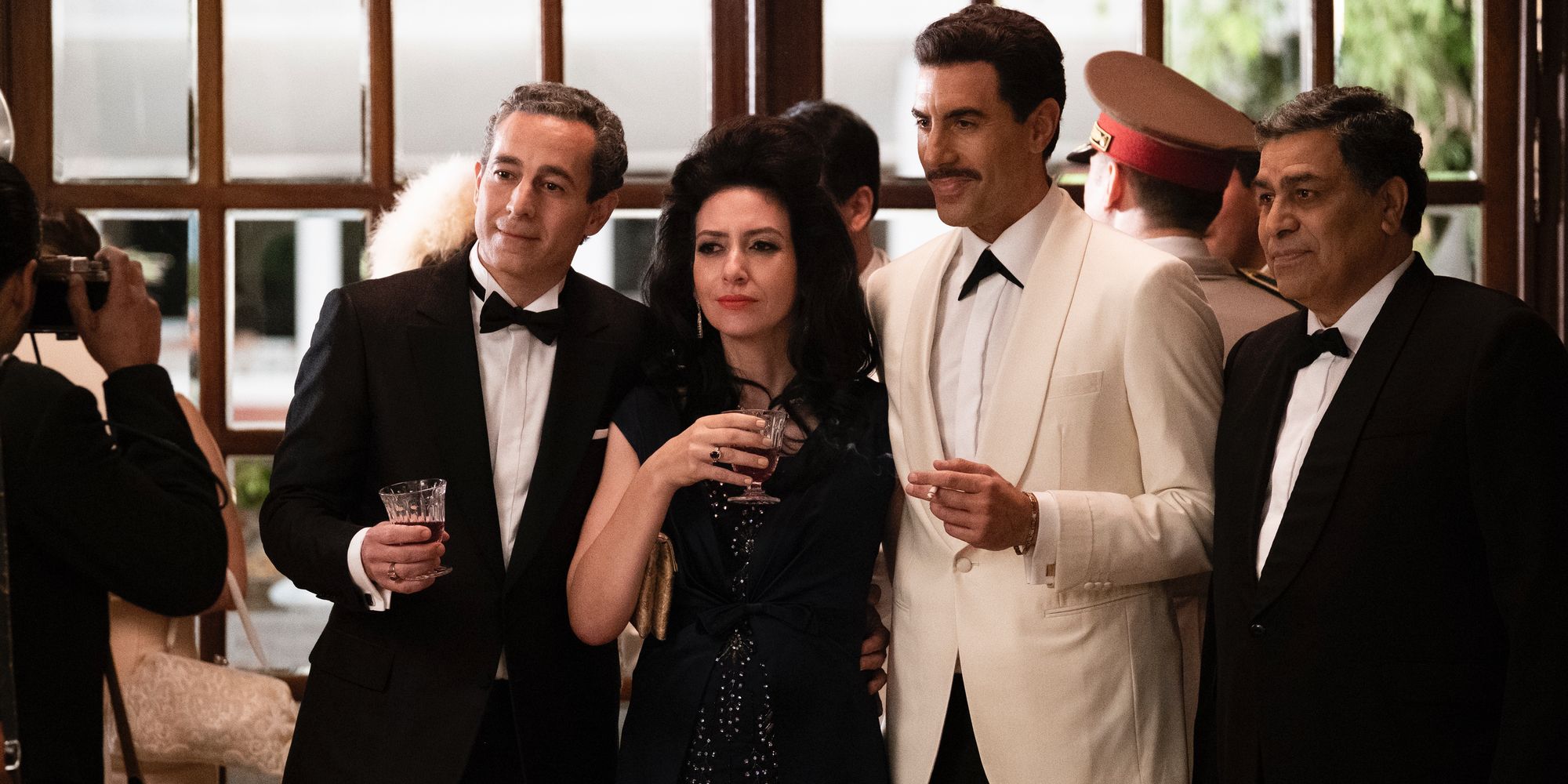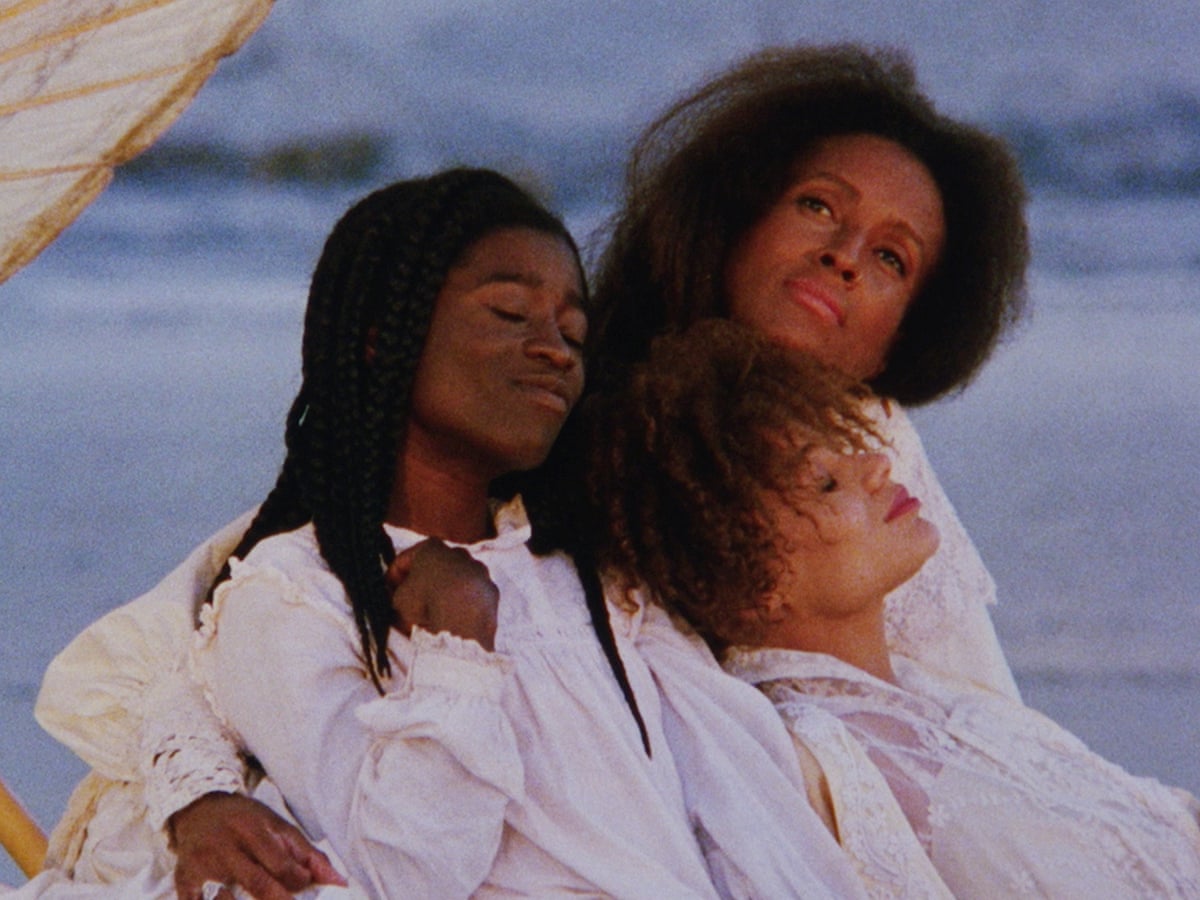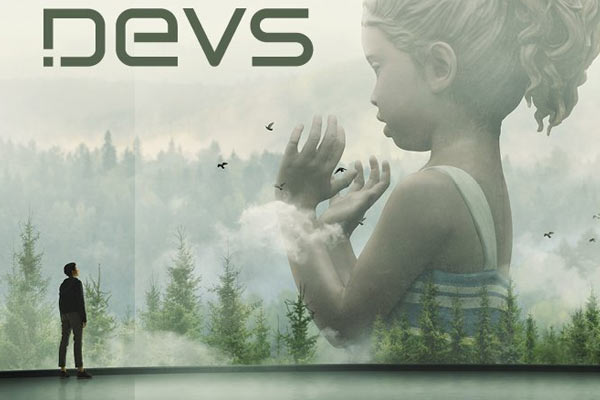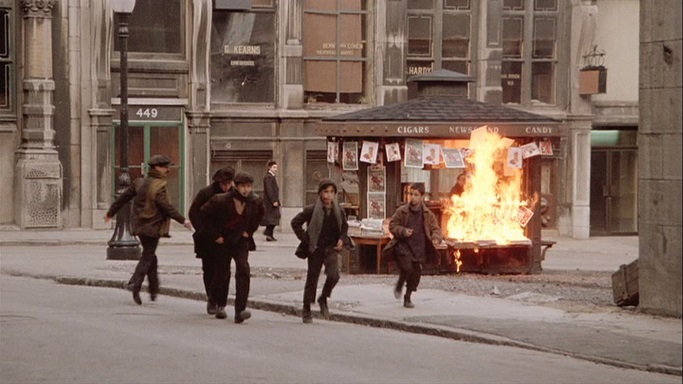NETFLIX REVIEW: DIRTY MONEY (S1 – S2)
Directors: Alex Gibney, Jesse Moss, Erin Lee Carr, Kristi Jacobson, Brian McGinn, Fisher Stevens, Dan Krauss, Zachary Heinzerling, Daniel DiMauro, Morgan Pehme, Stephen Maing, Kyoko Miyake, Margaret Brown
Executive producer(s): Adam Del Deo, Yon Motskin, Lisa Nishimura, Stacey Offman, Jason Spingarn-Koff, Alex Gibney
Production company(s) Jigsaw Productions
Distributor: Netflix

Do you remember that scene in The Matrix (1999)? Not the famous one where Neo (Keanu Reeves) is given the choice of taking the red pill or blue pill. Not the scene where he is told the blue pill will allow him to remain in the fabricated reality of the ‘Matrix’; whereas the red pill will let him locate his body in the real world to be “unplugged” from the ‘Matrix.’ No, I’m talking about the scene where Cypher (Joe Pantoliano) asks specifically to be sent back into the ‘Matrix’, so he can forget about the horrific nature of his reality. He’s so sick of feeling powerless and fighting against a system he cannot beat, he is prepared to sell out his comrades and go back to blissful ignorance of the alien control machine. I call this unenviable and traitorous decision, “Cypher’s Choice.” I mean, he’d taken the red pill, but the truth was so unpalatable he wanted to reverse it and live in an artifical fiction.
‘Cypher’s Choice’ is one that can face many of us who have a modicum of thought, sensitivity and understanding of the world we live in. It’s also something which struck me when watching both seasons of the superior Netflix documentary, Dirty Money (2019 – 2020). Here is a very well produced, researched and edited set of films which really make one question the very core of human behaviour. This capitalist system which we live in just continues to produce unbelievable greed, corruption and questionable, almost psychopathic, acts of abuse. More often than not the individuals, corporations and governments perpetrating these morally repugnant acts are even acting within the law, or some twisted version of it. So, does one just accept that we are living in a cesspool of greed, hypocrisy and sociopathic moneymen? Further, does one accept one is powerless to stop it? Does one take ‘Cypher’s Choice’ and head back into the ‘Matrix’? Or fight the machine? It’s an incredibly difficult decision to make.

One way of fighting back or, at the very least holding a mirror up to the corruption in the world, is a trial by media. Conversely, Dirty Money (2019 – 2020), presents a frightening, but compelling series of documentaries featuring some illuminating exposes into negative, and illegal, corporate and government practices. Netflix, to their credit, have banded together a whole host of determined documentary filmmakers including: Alex Gibney, Jesse Moss, Dan Krauss, Fisher Stevens, Erin Lee Carr, and Margaret Brown, to name a few. These twelve documentary films are carefully presented and are hugely serious programmes. While they posit a certain journalistic objectivity, and lack the personal style of say Michael Moore, Nick Broomfield and Louis Theroux, they certainly cut their targets down to size from a left-of-centre standpoint.
Personally, I believe we need to transcend agendas and opposing political viewpoints and move toward a collective humanist goal where everyone treats everyone equally. That is clearly an ideological non-starter though. However, whatever your political standpoint may be, whether you’re a gun-carrying right-winger or Marxist pinkie or libertarian Darwinist, you have to agree that the current financial systems we have are busted. They must be or we would not get documentaries alleging: criminal pay-day loan scams; the Volkswagen emission scam; a Malaysian President siphoning off tax-payer money to fund an extravagant lifestyle; HSBC money-laundering for Mexican drug cartels; nefarious landlords screwing tenants for all the money they have; price-gouging Pharmaceutical firms; and the likes of Wells Fargo Bank aggressively cross-selling and inventing customers to boost their share price.
These and many more legal and moral crimes are represented in Dirty Money (2019 – 2020) and they shock one to the core. How can people be so greedy? How can companies lie so much? Why isn’t enough ever enough? Are they sadists or even psychopaths? Why can’t they share or redistribute their wealth? Why are they hellbent on destroying the Earth we live in? Why do some people constantly lie and steal from others? Why do they deny they have done anything wrong? And am I part of the problem living in this world and doing nothing to change it? Finally, these documentaries truly make you question whether you want to be part of this world. Does one look away though; swallow that blue pill again and take ‘Cypher’s Choice’? It’s probably way easier to do exactly that. Thankfully, though there are many out their battling the system and seeking justice for the wrongs that have been done. Long may the fight continue. It’s not ending anytime soon.




